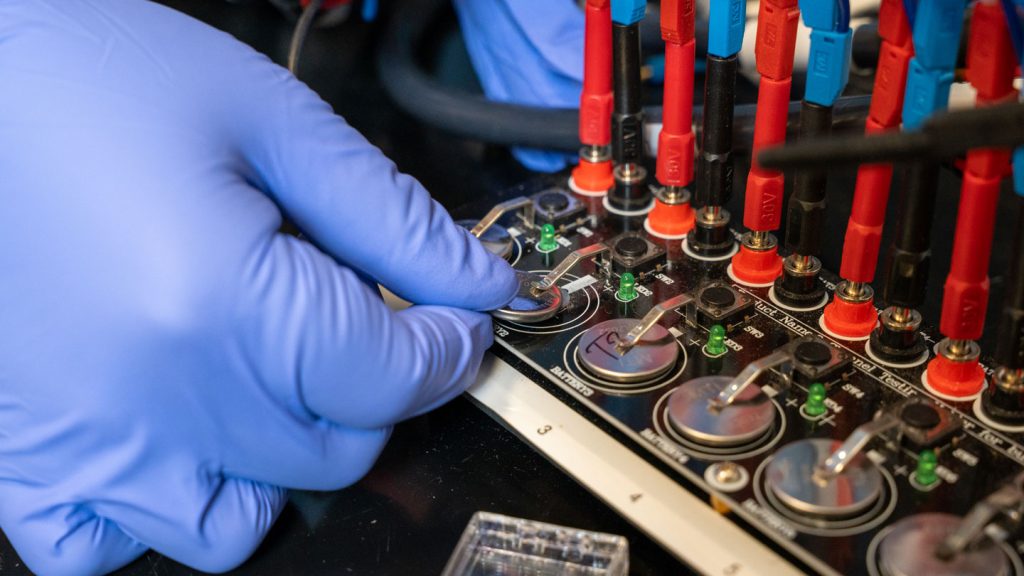Rechargeable lithium-ion batteries can lose their capacity and lifespan over time due to hidden leaky hydrogen protons filling molecular slots in the positive end of the battery. This phenomenon results in less room for lithium ions to maintain reactivity and conduct charge, reducing the battery’s energy even when not in use. The undesirable chemical reactions that occur due to hydrogen leakage from the electrolyte into the cathode trigger a series of problems that hinder battery performance.
Research has shown that hydrogen is a major contributor to cathode charge loss in lithium-ion batteries, shedding light on a previously unacknowledged issue in battery chemistry. By tracking the movement of deuterium in battery cells using advanced imaging techniques, scientists were able to demonstrate the significant impact of hydrogen on battery degradation. This new understanding of hydrogen’s role in battery inefficiency opens up possibilities for optimizing battery chemistry to improve lifespan and performance.
The study underscores the challenge of developing increasingly high-voltage batteries to store more energy in smaller cells. Higher voltage cathodes are more reactive and prone to hydrogen reactions, potentially compromising battery durability. By revealing the trade-off between voltage and hydrogenation, researchers have highlighted the need for a deeper understanding of battery chemistry in the pursuit of longer-lasting energy storage solutions.
While the findings are promising for the development of more sustainable and longer-lasting batteries, further research is necessary to validate the observations across different battery types and scenarios. If replicable, these insights could lead to advancements in battery technology that support innovations like longer-range electric vehicles while reducing the environmental impact of mining minerals like cobalt and lithium for battery production. By improving battery life, researchers aim to address both performance and sustainability challenges in the energy storage sector.















